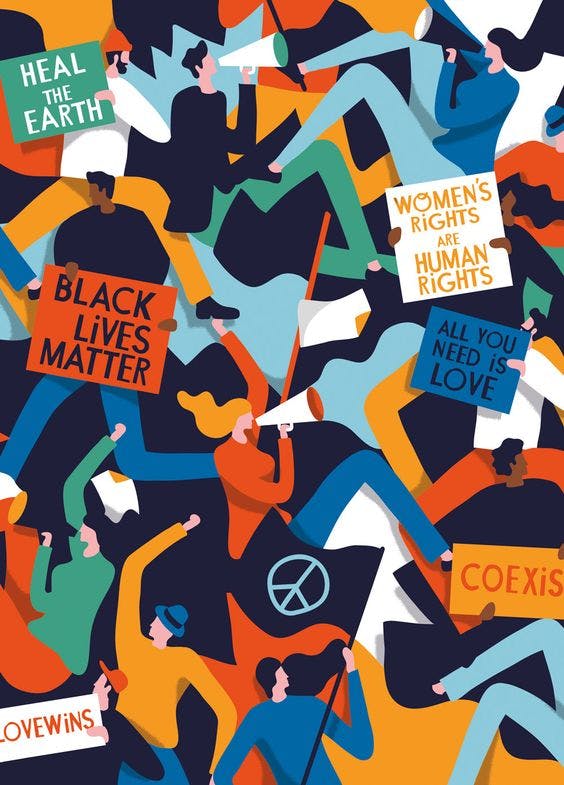- Product: Transportation
- Purpose: To improve people's lives with the world's best transportation.
- What can we learn? Actions speak louder than words. make your commitment
part of your identity
It's certainly no secret that cars aren't good for the world, so you might therefore assume it difficult for a transportation company to establish a meaningful purpose. But, against the odds, Lyft have triumphed. Lyft show that purpose can be crafted into any business, no matter what the industry is, so long as you demonstrate a sincere, authentic and genuine commitment to making the world better. When these components are successfully executed, your community and your business will reap the rewards.
What's Lyft's story?
Lyft are a San Francisco based rideshare company active in 644 cities in the US, and 12 cities in Canada. Though they occupy a dominant position in America’s transport industry (an industry responsible for 28% of the country’s carbon emissions), sustainability and purpose remains a key part of their identity… but how?
Lyft have demonstrated their commitment to progressing and evolving their own business, but also the transport industry at large. After undergoing a pivotal shift from car company to transportation company (embodying their vision of a future where people move away from driving their own cars), they publicly announced their aims to get 1 million cars off the road by the end of 2019, and for 50% of their rides to be rideshares by the end of 2020.
Lyft’s Wheels for All programme, that provides free transportation to safe spaces for victims of domestic abuse, and their Ride to Vote scheme, that offers free and discounted rides to polling stations, are initiatives that reflect their mission: “to improve people’s lives with the world’s best transportation”. Similarly, their 2017 "round up and donate” feature reinforces their values, having so far raised over $10 million for organisations supporting human rights, education and disaster relief efforts.
What can we learn?
Whilst the company has seen the profound impact of these donations on the non-profits they partner with, they’ve also felt the profound impact of the scheme on their business. In an interview for Whole-Whale, Director of Social Impact, Lisa Boyd, explained that the company’s round-up feature trial was consistently praised by customers and, as a result, was then built into the forefront of their app. She expressed “Lyft being a philanthropic company and being outspoken on social issues and politics… has helped the company. I think one of the things we’re best known for is our Donation to the ACLU, in the wake of the first Muslim ban. That got a lot of traction and a lot of positive attention that did come back to benefit the business. That’s when people said ‘Lyft really aligns with my values, and that’s the company I’d like to use’”.
It’s clear that Lyft’s social impact is not something their team view as mutually exclusive to their business. In fact, their commitment to purpose has become an integral component to their brand identity, giving them a distinct edge in a highly competitive market. Passengers who choose Lyft do so for a reason; they choose the business whose values align with their own.


